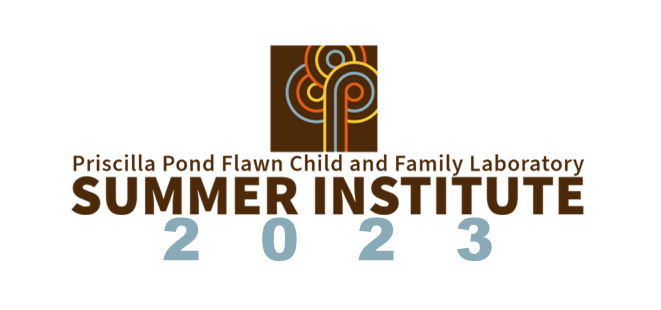
Summer Institute 2023 was held online via ZOOM on July 11th and 12th. We offered 3 unique sessions on Tuesday and 3 unique sessions on Wednesday. Professional Development certificates were generated that met annual licensing requirements will be provided.
Registration for this event has ended. If you have any questions, please email us at labschool@utexas.edu.
Day One
July 11, 2023
We are excited to host our 2023 Summer Institute.
Use the tabs above to find out more and register for individual sessions.
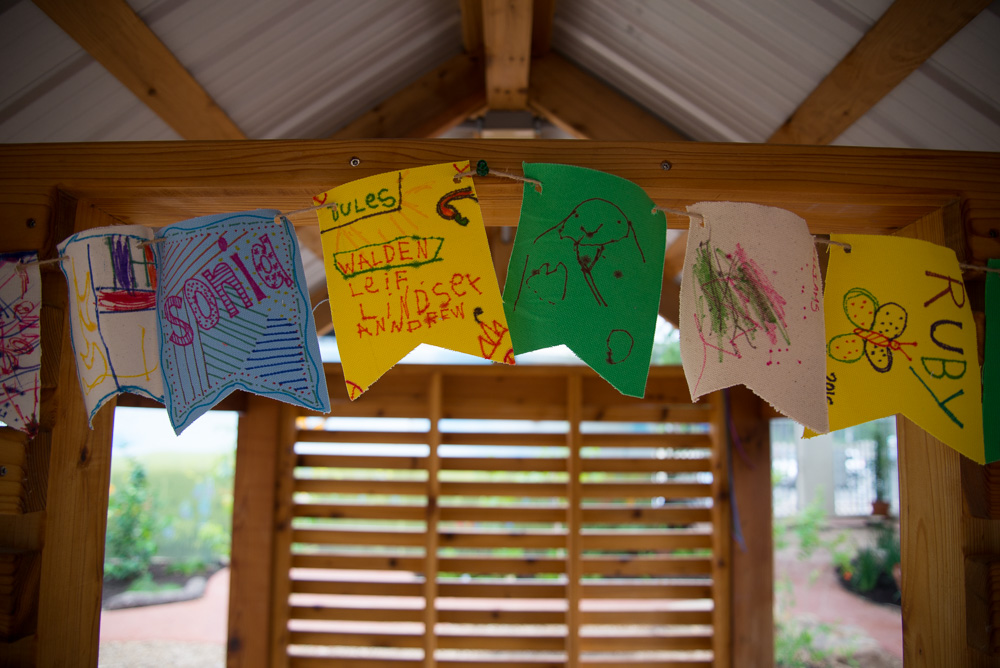
Who Sets the Standard? Using Meaningful Authentic Child Assessment
How do you determine a child’s level of proficiency across developmental domains? This session reviews research-based evidence about both standardized and more creative forms of assessment. Attendees will leave with a better understanding of what to assess, why to assess it, and how to best assess children’s development for a more individualized, meaningful representation of skill level.Sarah Ozuna Brown, MS | Assistant Professor of Practice
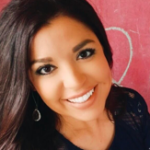
Timely Transitions
This session will give participants information about the value of maximizing transition times while minimizing the number of transitions that we ask children to experience each day. Participants will get many ideas for transitions they can put into practice immediately.Lara Pauley, MEd | Assistant Professor of Practice
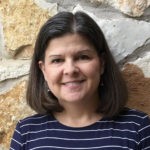
SEL: Understanding and Addressing Relational Aggression in Preschool Settings
This session covers common forms of social aggression in preschool relationships, and methods for addressing them. Informed by polyvagal theory and compassionate teaching, this session proposes that recognizing the best in students – even in the trickiest of moments – fosters a culture of care for the class as a whole. Learning is a social act, and we learn best when we feel our best.Maud Morgan, MEd | Assistant Professor of Practice
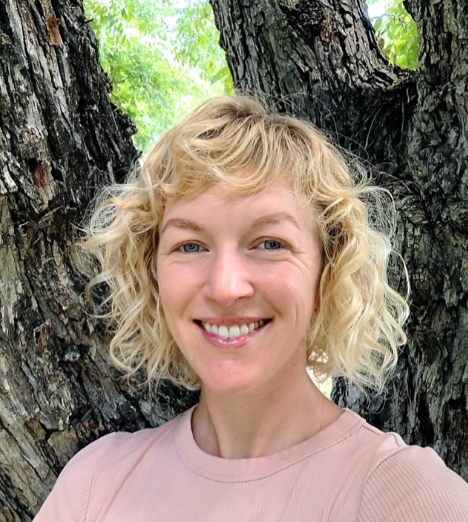
Day Two
July 12, 2023
Day two of the 2023 Summer Institute.
Use the tabs above to find out more and register for individual sessions.

Adaptive Art Practices: Connecting Process to Product
This training is designed to help individuals better understand and successfully implement process art experiences in early childhood education. We will discuss how artistic expression can be a tool for social emotional regulation, language and literacy development, fine and gross motor development and mathematical/spatial reasoning. We will explore many strategies, activities, books and materials that you can implement in your classroom right away.Elizabeth Porter, MFA | Assistant Professor of Practice

Marrying State Standards With Emergent Curriculum
You want to create an enriching, engaging, and emergent learning environment for the children in your classroom, but UGH those state standards! How can you do it all!? In this session, we will talk about how to thoughtfully incorporate children’s interests and needs into learning activities that are also aligned to state standards. We’ll also take a deep dive into what exactly “emergent curriculum” entails, and how to infuse emergent ideas into boxed curricula.Becca Johnson, MEd | Assistant Professor of Practice

When Eating Isn’t about the Food: Mealtime Dynamics between Caregivers and Children
Modern families confront a variety of social, cultural, and psychological dynamics at the dinner table: diverse values between partners, societal culture of dieting, child health concerns, varying nutrition knowledge, and more. This session will explore the bidirectional feeding dynamics between caregivers both at home and in care settings and children, illuminate the research insights and research gaps present today, and provide best known feeding practices for caregivers to adopt as part of mealtimes for children’s food education and long term psychological and social health.Marissa Epstein, RDN | Lecturer





